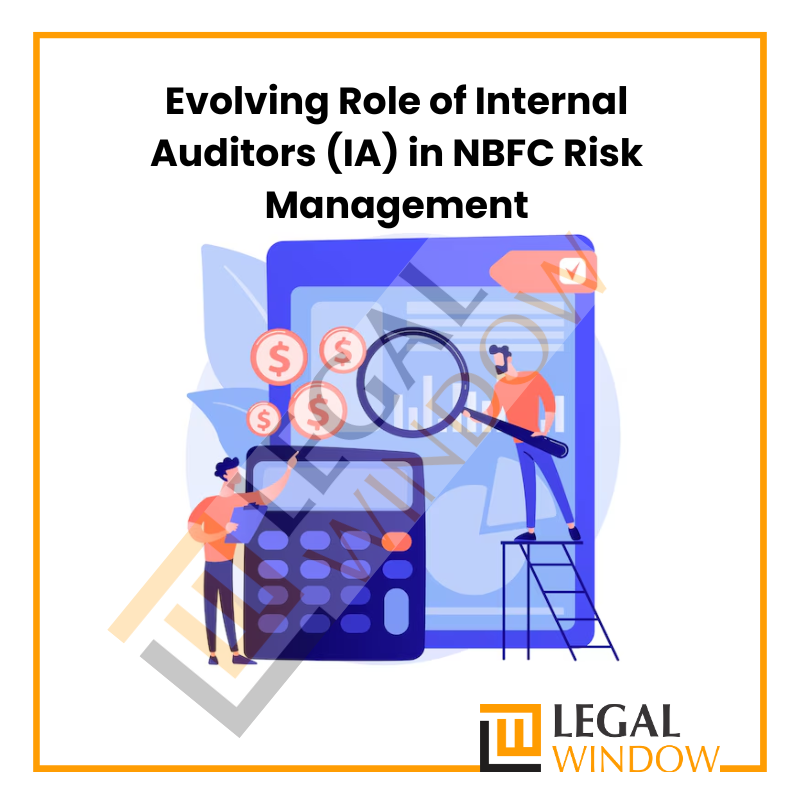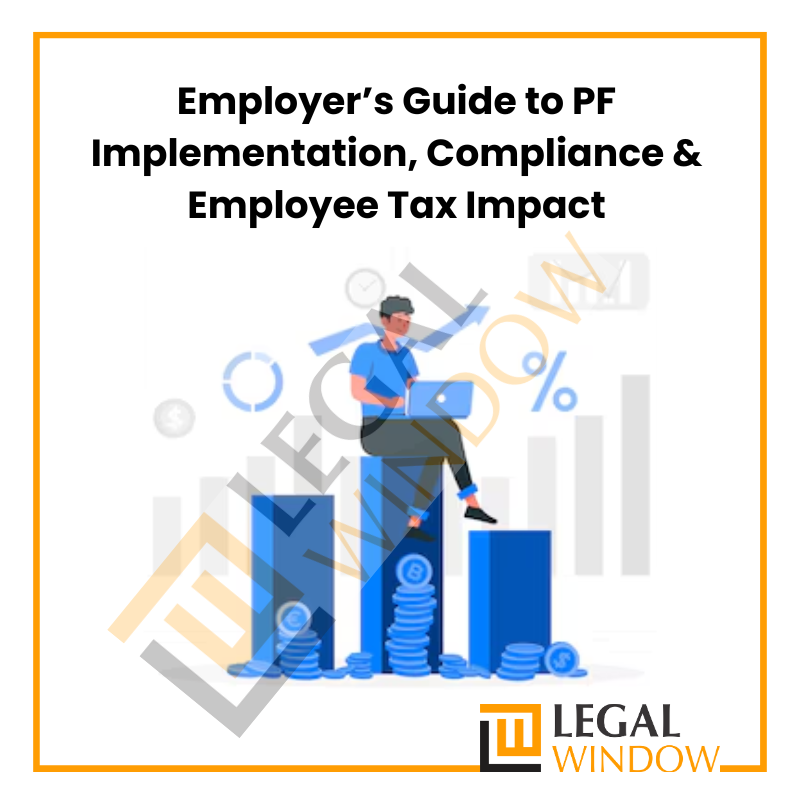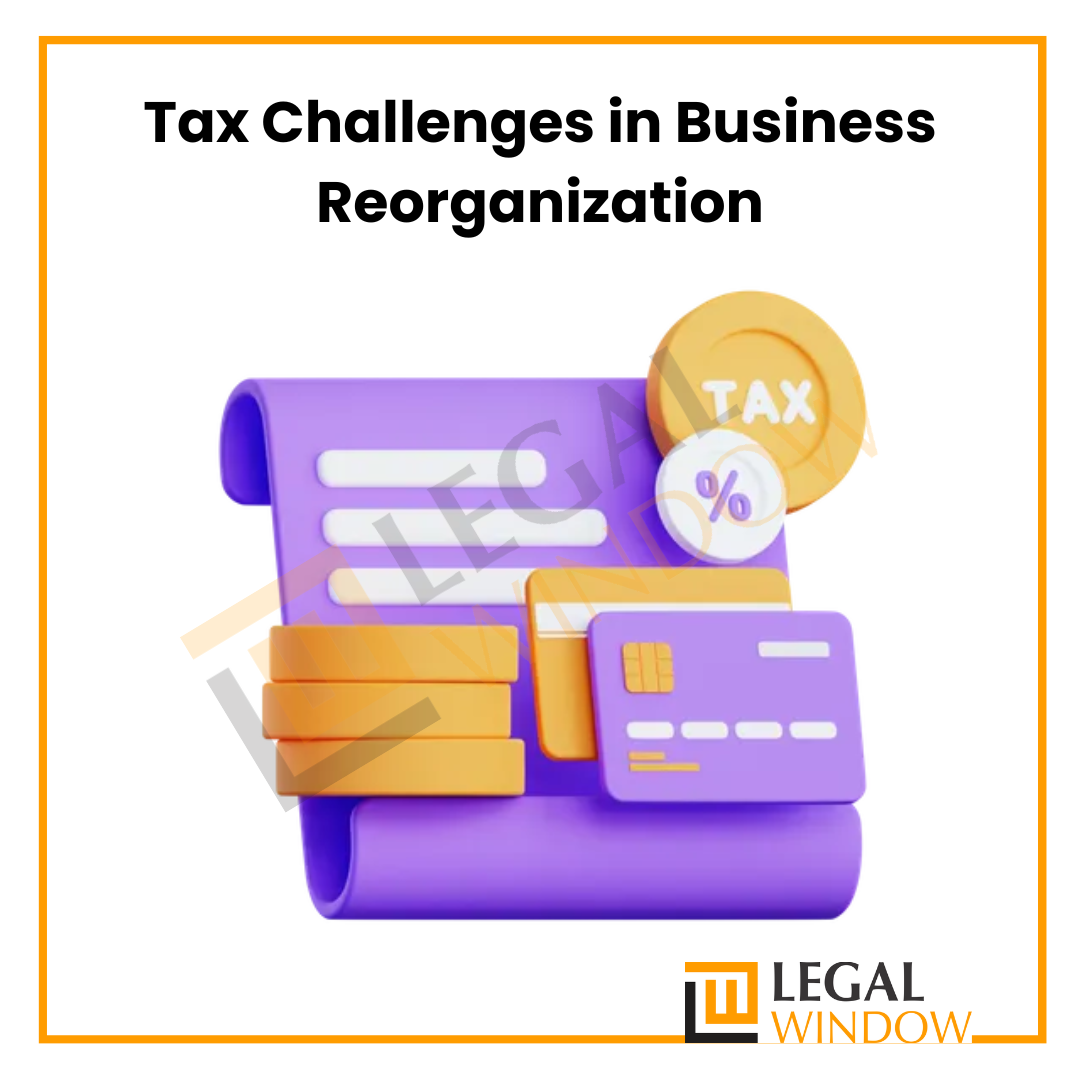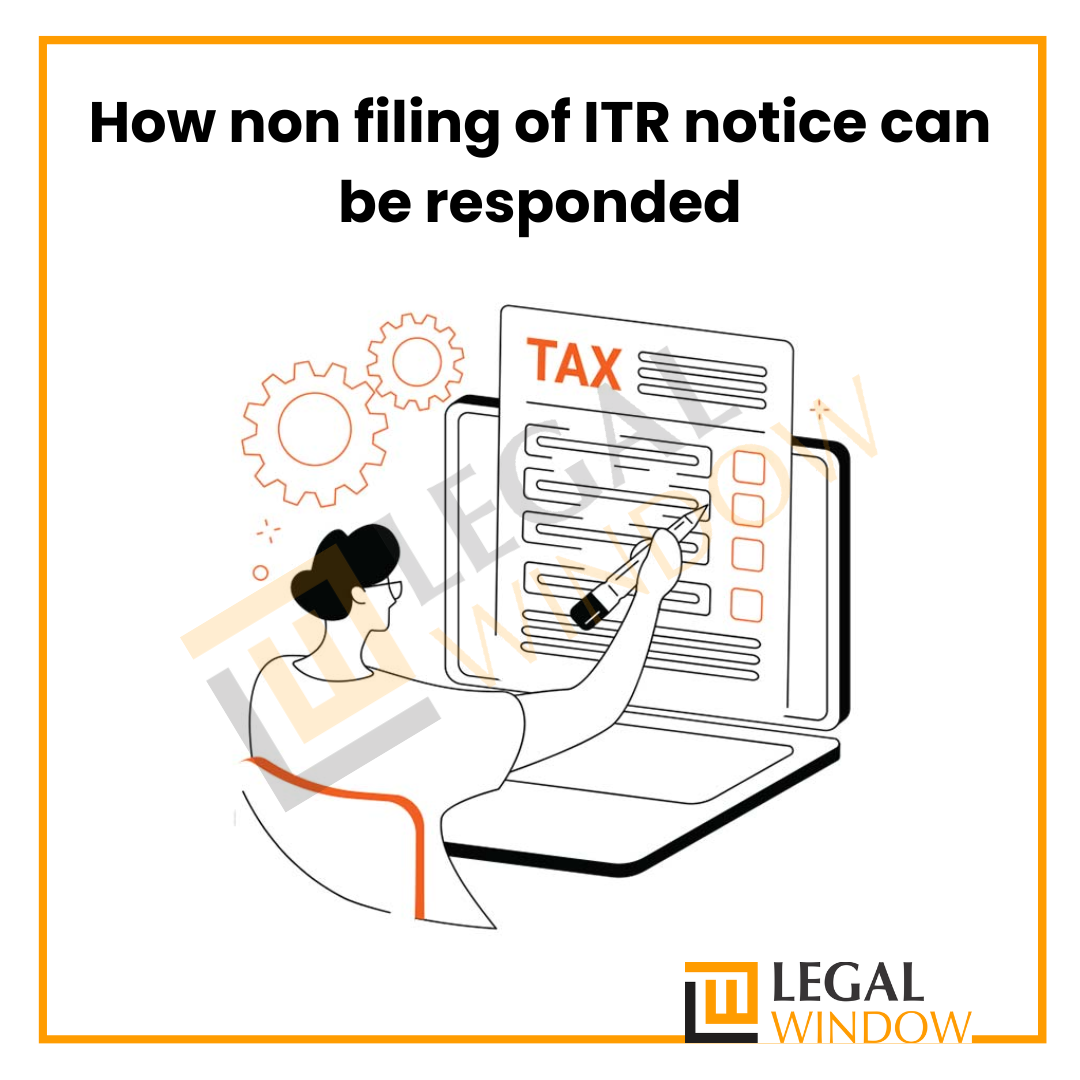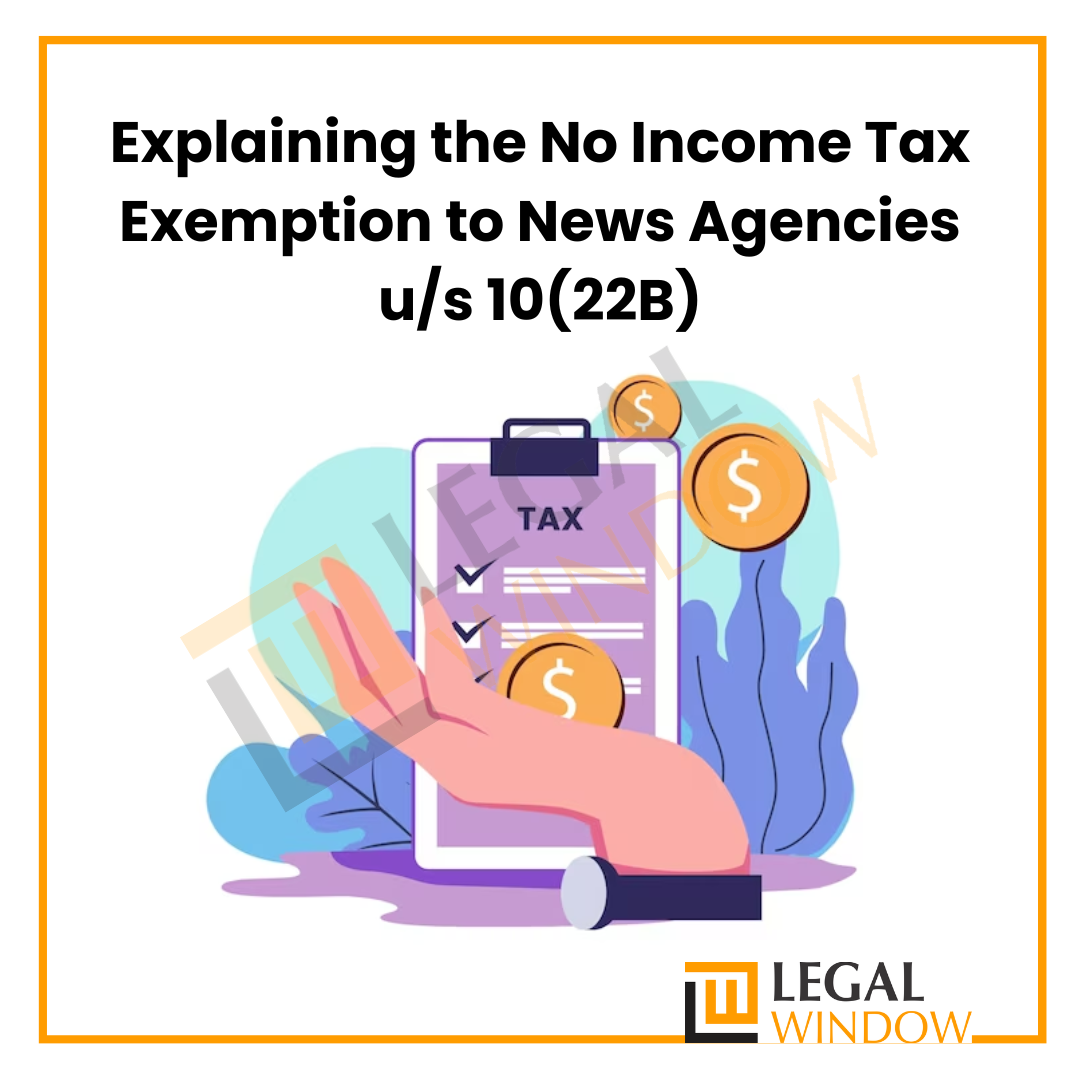Income tax return for Trust, NGOs, & Societies.
Income tax return for Trust & NGOs Starting from ₹ 5,000/-
Filing ITR
Filing Forms
Flexible and Simple online Process
Consultancy from Experts
On time compliances
Get your registration in 3-4 days
Introduction of Income tax return for Trust & Society
Charitable Trusts/Societies/Foundations are all covered under the head of NGO i.e. Non-Governmental Organisations that works for the social and economic welfare of the society. There are different forms of organisations that can be formed for raising out a hand for charitable activities.
‘Charitable purpose’ includes relief of poor people like education, medical relief, and the advancement of any object of general public utility. One of the benefit which NGOs have is Under Section 80G.
Legal Window will provide you all the necessary services and legal advice related Income tax return for NGOs & Society and also guide for other compliances. You may get in touch with our team on 072407-51000 or email admin@legalwindow.in for filing your income tax return.
Advantages of ITR FIling for Society/Trust
To receive government grant
The main advantage of income tax return filing of charitable is to easily receive the government grants in their field . If your trust is eligible as per the guidelines of ministry/ organization / department then only you can apply for the government grants . The funding issued by the concerned ministry or department is based on the income tax return , profile of NGO and Annual Reports, Audit Reports. So ITR filing is the key factor to receive the government grant.
Easy loan processing
Income Tax return filling helps charitable trusts in taking loan from various Financial Institutions. Most of the banks and NBFCs ask for ITR receipts from business for latest three year when a business applies for a high-value loan like long term loan or working capital loan. Lenders consider ITR as the most authentic document supporting business turnover and income. Hence, you should regularly file income tax return if you want to take loan in the future.
Exemption from Income
tax
Income derived from property held under trust or of an institution wholly for charitable/religious purpose is exempt, if 85% of the income is spent on the objects of the trust, during the year. If the amount spent is less than 85% of the income, the shortfall is taxable. The Income Tax Act exempts the income of a charitable trust from the scope of Income Tax. If the charitable or religious trust spends more than or equal to 85% of its total receipts towards its object in India, then there is no tax on balance 15%.
Define net worth
The ITR filed with the Government defines the financial worth of a company. Return filling help in tracking the net worth of an entity it shows companies turnover, its assets and income, the track of ITR shows the financial capacity and also increases the capital base of a person.
ITR Form
ITR-7: ITR-7 is for persons including companies required to furnish return under section 139(4A) or section 139(4B) or section 139(4C) or section 139(4D) or section 139(4E) or section 139(4F).
Return by charitable trust (section 139(4A)): Return under section 139(4A) is required to be filed by every person in receipt of income derived from property held under trust or other legal obligation wholly for charitable or religious purposes or in part only for such purposes.
Return
by agency (section 139(4C)): Return under section 139(4C) is required to be filed
by every:
1. Scientific research
association;
2. News agency
3. Association or
institution referred to in section 10(23A)
4. Institution referred to
in section 10(23B)
5. Fund or institution or
university or other educational institution or any hospital or other medical
institution.
Return by business trust (section 139(4E): Return under section 139(4E) must be filed by every business trust which is not required to furnish return of income or loss under any other provisions under this section.
Return by political party (section 139(4B): Return under section 139(4B) is required to be filed by a political party if the total income without giving effect to the provisions of section 139A exceeds the maximum amount, not chargeable to income-tax.
Return by university, colleges (section 139(4D): Return under section 139(4D) is required to be filed by every university, college or other institution, which is not required to furnish return of income or loss under any other provision under this section.
Return by investment fund (section 139(4F): Return under section 139(4F) must be filed by any investment fund referred to in section 115UB. It is not required to furnish return of income or loss under any other provisions of this section.
Documents Required for Income Tax Return for Trust
Payment and Receipt Statement
Details of all the members/directors of Charitable Institution
Previous Statement, if filed any
Pan card of the Charitable Institution
Procedure for Income Tax Return for Trust & Society
Step 1. Fill the simple questionnaire provided by our team.
Step 2. Provide us all the necessary documents as mention above
Step 3.We will prepare the financial statements based on the documents provided to us and file your income tax return before the due date and protect you from any penalty.
Step 4. We will further inform you after filling your Income Tax Return and also provide you the return form and computation.
Additional Information for Income tax return for Trust & NGO
Eligibility to take Exemption
The Income Tax Act has specified some conditions fulfillment of which can exempt the income of a charitable trust from the scope of Income Tax. The conditions are as follows:
The trust should be registered as Charitable Trust with the Commissioner of Income Tax which is eligible for exemption under the Act. The registration shall be made as per the guidelines laid under Section 12AA of the Act.
The property of the trust should be bound by a trust deed or another similar legal obligation.
The income of the trust should not be used for the benefit of the any person who is directly or indirectly related to charitable institution.
In case the income of the charitable institution exceeds the basic exemption limit, the trust should mandatorily submit the books of accounts for the purpose of audit.
The trust should not have been created for the benefit or promotion of any particular religious community or caste group.
The purpose of holding the property should be for the charitable or religious purpose.
An exemption will be available only for the portion of the income which is used towards charitable or religious purposes.
Income derived from property held under trust or of an institution wholly for charitable/religious purpose is exempt, if 85% of the income is spent on the objects of the trust, during the year. If the amount spent is less than 85% of the income, the shortfall is taxable.
Due dates for filling Income Tax return
(make a chart/box)
- September 30 – Where a Trust is required to get its accounts audited under the Income Tax Act or under any other law.
- November 30 – Where a Trust is required to file Form No. 3CEB. Form 3CEB will be required if the trust has entered into certain types of related party transactions.
- July 31 - Where Trust does not need to get its accounts audited.
Penalty of non filling Income Tax Return
If the trust or charitable institute fails to furnish the return of income or fails to furnish the same before the due date, then, the charitable trust shall be liable to pay a penalty under section 272A(2) which shall be Rs. 100 for every till the failure continues.
Tax Rate Applicable
| Tax Slab | Rates |
| Up to 250000 | NIL |
| 250000-500000 | 5% |
| 500000-1000000 | 20% |
| Above 1000000 | 30% |
- Surcharge
- 10% of Tax when net income exceeds Rs 50lakhs
- 15% of Tax when net income exceeds 1crore
- 25% of Tax when net income exceeds 2crore
- 37% of Tax when net income exceeds 5crore
- Health and Education Cess
- 4% of Income Tax + Surcharge
Related Posts
FAQ's on ITR Filing for Societies & Trust
Once money is placed into the trust, the interest it accumulates is taxable as income, either to the beneficiary or the trust itself. The trust must pay taxes on any interest income it holds.
Yes, it is mandatory for all trusts covered under Sections 139(4A), 139(4C), 139(4D) and 139(4E) to file income tax return. For other trusts not covered under these sections, have to file ITR in case their income exceeds the thresh hold limit as prescribed under Income Tax. In case the Trust is required to get its accounts audited, then the income tax return must be e-filed along with the Digital Signature of the Chartered Accountant who is responsible for carrying out the audit.
Charitable trust/institution whether registered as a public charitable trust or a society under the Act 1860 or as a company licensed under section 8 of the Indian Companies Act is required to file along with the Return of income in ITR-7, Audit Report in Form 10B.
Tax audit is compulsory, if turnover of trust who engages in business is exceeds 1crore. Tax Audit provisions is generally not applicable to trusts which do not carry on any business.
Legal Window will help you in taking registration under Section 12AA of the Act. You can contact our team on 72407-51000 or admin@legalwindow.in for more information.
In order to be eligible for claiming exemption, under income tax it is essential that the income of the trust is applied to such objects. A charitable trust or institution will have to apply at least 85 % of the income to charitable purposes.
For taking tax benefits under income tax you must be registered as charitable trust. If you do not have registration than you should not file ITR-7 but in any case you File ITR-7 for Unregistered Trust, you might get a defective notice from income tax department and then eventually you will have to reply by filling ITR-5 for unregistered trust as an AOP.
Legal window helps you in best possible manner for filling the return you are eligible for. And also advise you to take all privileges under income tax Act for a charitable trust.
Charitable or religious trusts are entitled to get exemption under section 11 and section 12, on fulfillment of certain conditions i.e. Trusts should be created wholly for charitable or religious purposes and applying their income to such purposes in India.


